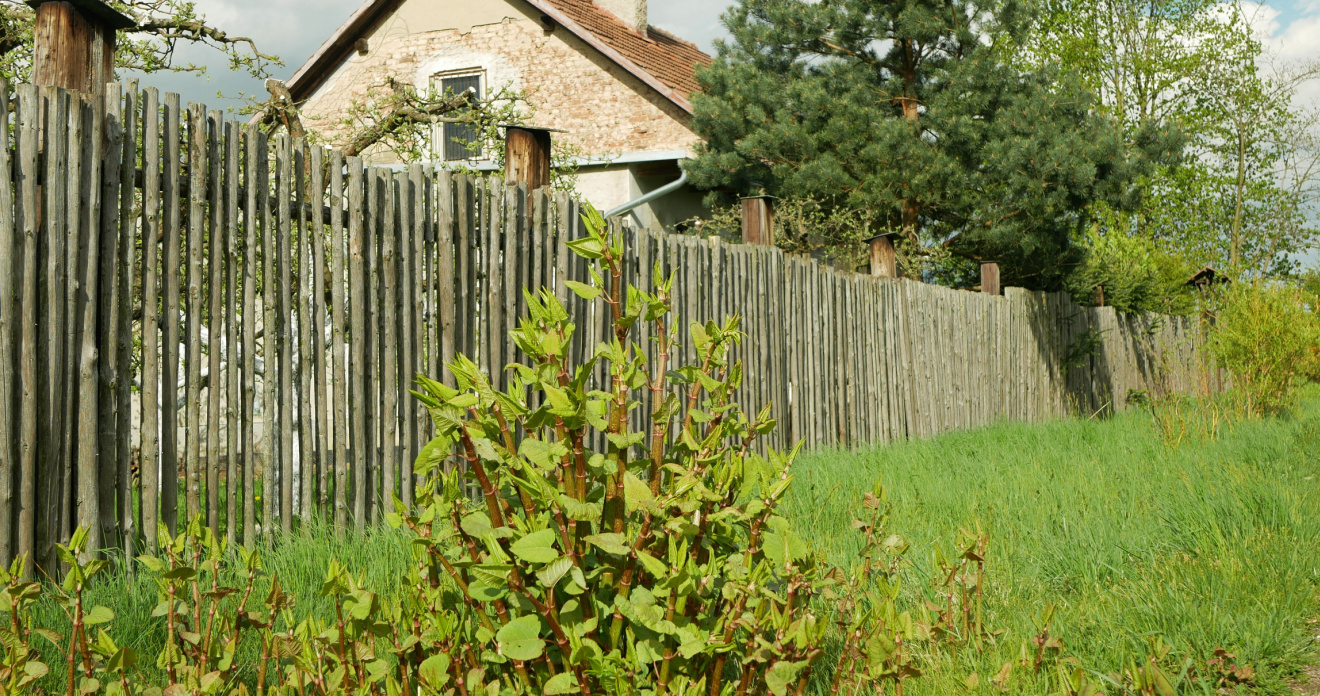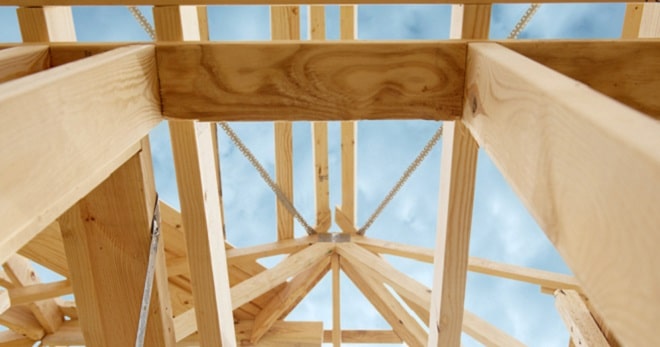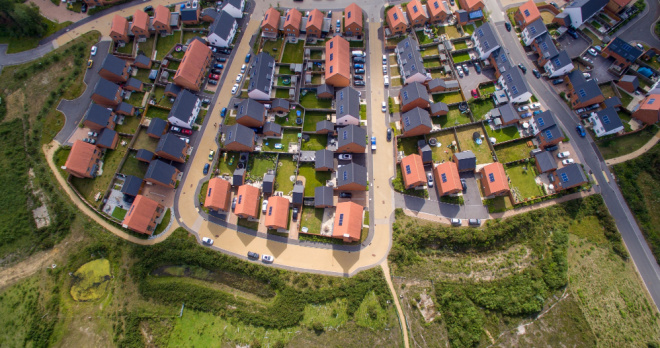Can a house sale proceed when Japanese Knotweed is present?

If your property or land adjacent to it has Japanese Knotweed, it may be difficult for buyers to secure finance. This article sets out why Japanese Knotweed is such a problem and what property owners can do to be able to sell.
What is it and how worried should I be about Japanese knotweed?
The plant can extend 2–3 metres high and up to two metres deep. While structural damage is rare in most residential situations, if left unchecked, a mature infestation of Japanese Knotweed can become a risk. A rating system has been produced which measures the risk level posed by Japanese Knotweed. A specialist surveyor will be able to assess the risk level.
Whilst most experts will explain, Japanese Knotweed is no greater a risk to property than some other vegetation, it has made a bad name for itself due to the difficulty in removal and treatment.
It is now well established that adjoining owners could be sued not only for encroachment of Japanese Knotweed from their land but also for interfering with a neighbour’s quiet enjoyment of their property by the existence of Japanese Knotweed.
It is important to disclose if Japanese Knotweed is present to a buyer. In early 2023, a house seller was ordered to pay £32,000 in damages plus legal costs for misrepresenting to the buyer whether there was Japanese Knotweed at the property.
Surveyors have also been sued for professional negligence for failing to identify its presence.
What should you do if your property has Japanese Knotweed?
There are two ways to tackle the problem: herbicide treatment, or physical removal through excavation. The right solution will depend on several factors such as site conditions, budget and time scale. An initial discussion with an eradication expert should help to clarify the extent of the problem. They will consider your situation and outline all the pros and cons of the options available to you.
Most companies offer a guarantee—check the small print—these guarantees are not yet insurance backed but may rely on professional indemnity insurance should things go wrong. Even more importantly, make sure you have a detailed post-treatment management plan with the chosen contractor.
Who is responsible for removing Japanese Knotweed?
This will usually be the responsibility of the person selling to get a treatment plan in place.
How does Japanese Knotweed affect the sale of property?
The CML (UK Finance Mortgage Lenders) tells us the presence of Japanese knotweed or other invasive species might affect the valuation of a property and might be an issue for customers whose property is affected, but who find it difficult to afford treatment costs. Valuers who inspect property for mortgage purposes are instructed to report to lenders where knotweed is present.
UK banks and lending institutions can usually be satisfied if an approved contractor can guarantee the treatment of the problem.
A buyer should seek the advice of an approved contractor and request that a treatment plan is put in place before contracting to buy or they could simply seek to reduce the purchase price by the cost of a treatment plan.
Do sellers have to disclose Japanese Knotweed?
Yes. If you know your property has Japanese Knotweed you must disclose this when selling.
You may have heard the phrase “Buyer Beware”. This does not mean there is no responsibility on the seller who will only generally be absolved for matters known to the buyer or apparent on inspection.
Most sales will involve the seller being asked to complete the Law Society Property Information Form (TA6). Part 7.8 of this form asks sellers:
“Is the property affected by Japanese Knotweed” – “Yes/No/Not known”
“If Yes please state whether there is a Japanese Knotweed management plan in place and supply a copy”
Whilst on the face of it this question appears to allow for a simple answer, but it is advisable to explain the reason for your answer.
If the answer is yes, you must provide whatever advise or management plan you may have received from a specialist contractor.
If you answer no, this could be taken to mean you have taken appropriate steps to confirm that is true. Therefore, you should explain the steps taken.
If your answer is that you do not know, it may be wise to say in the notes that no warranty is given and the buyer should take their own steps to confirm.
If you have any queries about how best to reply to this question, you should discuss with your conveyancing solicitor. An incorrect reply to enquiries might amount to misrepresentation particularly if it can be shown that the seller made an untrue statement of fact, on which the buyer relied when entering into the contract, resulting in loss.
Conclusion
Selling a house with Japanese knotweed is by no means easy but it can be done as long as the correct course is taken and the seller remains proactive and honest with all parties involved.
If you have more questions about Japanese knotweed legislation or are seeking further legal advice, then please don’t hesitate in contacting us.









